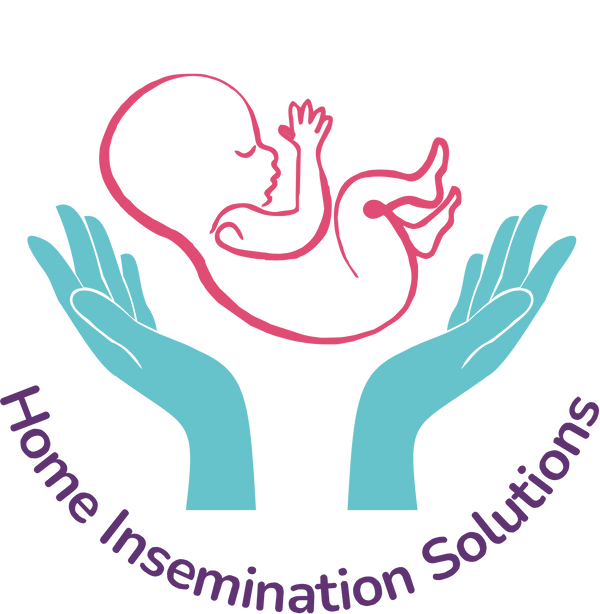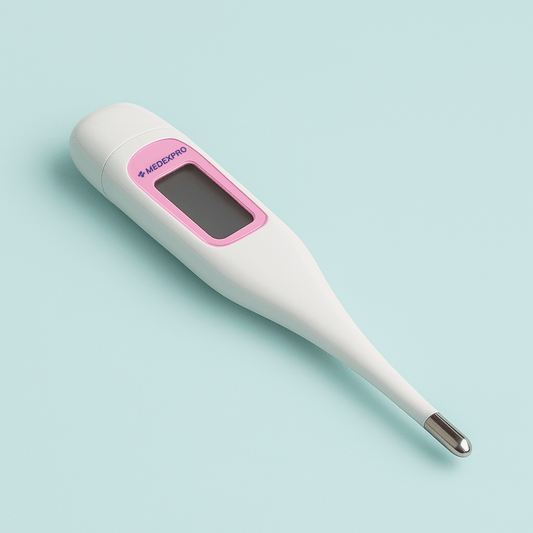Ovulation after miscarriage
A miscarriage can feel like an emotional and physical earthquake. Beyond the grief and processing, many people find themselves wondering: When will my body return to its rhythm? When will ovulation happen again? Understanding how ovulation works after a miscarriage can help you feel more grounded and supported as you navigate the next steps on your fertility journey.

What happens to your cycle after a miscarriage
When a pregnancy ends, your body needs time to reset hormonally. During pregnancy, levels of hCG, progesterone, and estrogen all rise to support growth. After a miscarriage, these hormones must decline before your body can return to its usual cycle.
hCG (human chorionic gonadotropin): This is the pregnancy hormone. As long as it’s still circulating in your body, ovulation won’t restart.
Progesterone and estrogen: These also drop after miscarriage. Once your hormones settle back to baseline, your ovaries can start a new cycle.
The timing varies. For some, ovulation may return within two weeks. For others, it may take four to six weeks or longer. Factors such as how far along the pregnancy was, whether medical or surgical management was required, and your individual hormone patterns all play a role.
When to expect ovulation again
Studies suggest that many people ovulate as early as two to four weeks after a miscarriage, but it’s not the same for everyone. If the miscarriage happened earlier in pregnancy, ovulation often returns sooner. If it occurred later, or if hCG levels were very high, it may take longer.
Signs that ovulation is approaching can look just like before pregnancy: cervical mucus becoming clear and stretchy, a rise in basal body temperature after ovulation, or a positive result on ovulation test strips like OvaDetect. Some people find that their first post-miscarriage cycles are a little irregular before settling back into their usual rhythm.
Is it safe to try again right away?
Medically, once hCG has dropped to zero and you’ve had no complications such as heavy bleeding or infection, your body is capable of ovulating and conceiving again. Some clinicians suggest waiting until after your first period to help clarify the timing of a new pregnancy. Others say it’s safe to try as soon as you feel emotionally and physically ready.
Ultimately, the decision is personal. Some people want to try again right away as part of their healing. Others need more time. Listening to your body and your emotional well-being is just as important as what’s technically possible.
When to seek extra support
If you haven’t had a period or signs of ovulation within eight weeks after a miscarriage, it’s worth checking in with a clinician. Persistent spotting, severe pain, or unusual cycles are also reasons to seek help. Sometimes, retained tissue or other hormonal factors can delay recovery.
Emotional support is equally vital. Miscarriage isn’t just a physical event; it’s a loss. Support groups, counselling, or simply talking openly with your partner or trusted friends can help you carry the weight of this experience.
Ovulation after miscarriage is a sign that your body is finding its way back to balance, even in the midst of heartbreak. For many, cycles resume within weeks; for others, it takes a little longer. Both are normal. Whether you’re ready to try again immediately or need more time to heal, remember that your journey is valid and you’re not alone.
Be gentle with yourself. Your body knows how to find its rhythm again, and when you’re ready, tools like OvaDetect and OvaTrack can help you recognise your fertile window.

If you need help going through any block, talking with a TTC consultant can help! Book a FREE 15-minute virtual consult today!
Book a TTC consultation











